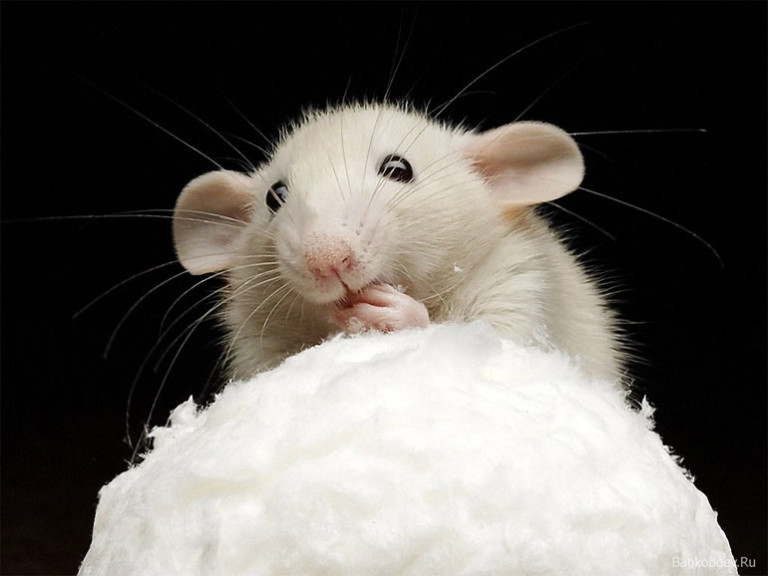This article was originally published in The Razette but The McGill Tribune was able to translate and report on this very important issue.
To many rodents, Oreo cookies filled with processed sugar and a satisfying ratio of cookie to creme have long been a sweet treat to nibble on. The Aristorat Academy of Science was recently made aware of a study conducted by humans that elucidated the addictive properties of Oreos. The study, which subjected brave lab rats to even more unethical testing, found that Oreo cookies were more addictive than cocaine.
This finding only confirms what many elderly rats have long believed: The processed food fad is the culprit behind the rising rates of vice in society.
“Back in my day, we used to eat cheese like good rats,” Mr. Ratburn chittered grumpily in a statement to The Razette while shaking his walking stick, almost tripping a young rat scuttling by.
News of the study quickly spread among the rat community, with youth eagerly testing the limits of Oreo consumption to reach mind-altering states. The prices of Oreo cookie crumbs soared at the Rat Market—rich house rats lined their pockets while young, impressionable rats lost themselves to addiction.
At this time, one in five rat families has borne the loss of a family member to the Oreo craze. The latest victim was Ratt Damon, who rose to fame as a child actor for his role in Rat Alone: Lost in Paris.
This news caused many rats to gather in a protest against Oreo sales outside the council hall on Monday.
“Such a shame how the media is corrupting our youth, I wouldn’t be surprised if my pups are being indoctrinated to worship the devil,” Mrs. Whiskers was heard squeaking aloud at press time. “I don’t know how or why but that dratted Ratniss Everdeen is definitely behind this, probably encouraging them to get high.”
The Razette reached out to Ratzanne Collins’ PR team for a comment on the alleged promotion of drugs but was denied an interview.
According to the study, munching on Oreos activated more neurons in the rat brain’s pleasure centre than being administered cocaine or morphine. While these drugs are known for their potency and addiction risk, repeated exposure to sugar can also rewire key neural pathways, such as the release of dopamine, in the pleasure centre and cause debilitating dependence. As a result, young rats are struggling to wean themselves off of the cookie, often not admitting they have an addiction until it is too late.
With few government rehabilitation programs and treatment centres, many rats with substance abuse problems are finding themselves isolated from the garbage heaps they call home.
In an interview with The Razette, Ratticus Finch, a recovered addict, spoke about his experience.
“It’s tough to see friends go down that road, too,” Finch squeaked. “Once you taste the sweet thrill of an Oreo cookie, it’s hard not to chase that feeling.”









